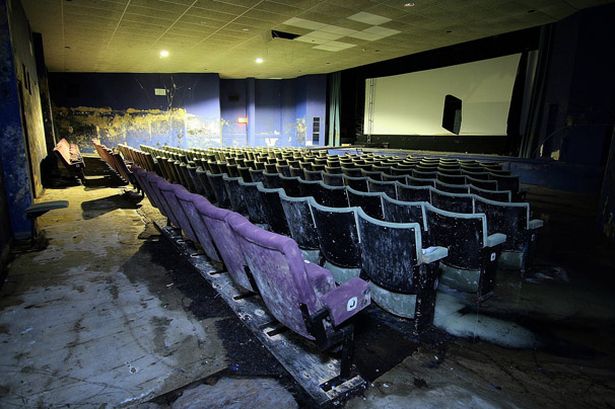Anonymous releases list of KKK names
The hacker/activist group Anonymous released a list of names associated with the white supremacist Ku Klux Klan (KKK) Thursday as part of a Hoods Off campaign against racial violence that began when the KKK threatened violence against those protesting the jury’s decision not to prosecute the white police office who killed black teenager Michael Brown in Ferguson, Missouri. Anonymous claims to have collected the names over time through a variety of means such as “digital espionage,” “interviewing expert sources,” and various social media channels. The release came on Guy Fawkes night, a worldwide event celebrating the subversive and revolutionary with anti-establishment protests. Anonymous has aligned itself closely with the night, using the V for Vendetta mask associated with Guy Fawkes as its symbol. The hacker group held protests around the world Thursday. [Source: BBC]
Pablo Neruda may have been killed by Pinochet’s regime
Pablo Neruda, a Nobel-prize winning poet and outspoken leftist politician, may have been killed after dictator General August Pinochet came to power following a coup in 1973 that toppled Marxist President Salvador Allende, according to a statement released by Chile’s Interior Ministry. Allende and Neruda were reportedly close friends. Until now, official reports surrounding Neruda’s 1973 death cite natural causes, but since the country returned to a democracy in 1990 suspicions that Pinochet’s regime was responsible for permanently silencing the poet have spurred further investigation. Neruda, who had cancer at the time, was upset and motivated after watching his friends get killed during the coup and vowed to go into exile where it is believed he would have become a powerful voice against Pinochet. On On Sept. 11, 1973, the day of the coup, Allende chose suicide over surrender. [Source: NYDailyNews]
Religious children are meaner and less generous than their atheist peers: study
The journal Current Biology tested the behaviour of more than 1,000 Christian, Muslim, and atheist children aged 5 to 12 from the U.S., China, Canada, Jordan, Turkey, and South Africa, and concluded that religious children are less likely to share and are quicker to punish their peers for wrongdoing. These conclusions, which are no doubt counterintuitive or dubious to some of you, came after the sample children were asked to play the “dictator game”: Children were shown 30 stickers and were asked to choose their favourite 10, which they could keep for themselves. The person in charge of the game then told each participant that there would not be enough time for each child to play the game and get stickers. It was the children from non-religious homes who were more willing to share their 10 with their peers. The study’s conclusions on morality are not uninteresting. One possible reason for these seemingly counterintuitive findings may be that religious children see themselves as moral independent of their actions in the world, believing themselves to be good people independent of behaviour. Conversely, an atheist child may feel a stronger connection between actions and morality. It wasn’t immediately clear in the source article how the study concluded religious children preferred stiffer penalties for their peers. [Source: Daily Beast]
A city of 10M without one single cinema
Kinshasa, Congo’s capital city, does not have a single cinema. The last one closed in 2004. The buildings are now largely occupied by the religious groups responsible for shutting them down. Congolese director Cecilia Zoppelletto’s documentary La Belle at the Movies (see trailer below) chronicles the death of cinema in his city and the cultural void it has left for a population of more than 10-million people. “Shared experiences make a community,” said Zoppelletto. “There is nothing more thrilling than being with others in a dark theatre and together burst out in laughter or being in suspense. These shared emotions make us feel equal to the stranger sitting next to us and [because of this], cinema is a very democratic art.” [Source: Guardian]
Video: Winnipeg artist Christian Worthington on his studio and December show
***
For more interesting stuff, follow @spectatortrib on Twitter. And find us on Instagram, too: @spectatortribune.
Follow this link to subscribe to 5 things you absolutely must know today: http://eepurl.com/5LBjD
